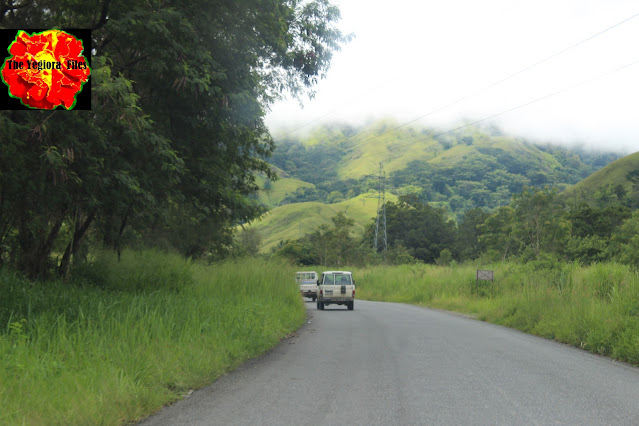The Evolution and Challenges of Democracy in Papua New Guinea
Traditional Political Systems and the Arrival of Colonization
Pre-colonial PNG societies showcased diverse political arrangements. Hereditary chiefs and headmen played vital leadership roles across the culturally heterogeneous landscape. The Trobrian Islanders, for example, relied on hereditary chiefs, while other communities recognized the authority of certain clan headmen. In the Highlands, leaders known as 'bigmen' emerged, earning their positions through expertise in various areas like warfare, trading, oratory, and wealth accumulation. European colonization introduced new governance systems, with German Luluais and British village constables leaving their marks.
The Path to Democracy: Introducing Local Government Councils
With the transfer of administration to Australia, Local Government Councils were introduced in the 1950s and 1960s. This marked the initiation of democracy in PNG, symbolizing a shift from top-down governance. The United Nations Trusteeship Mission's Foot report urged Australia to establish a new Legislative Assembly with indigenous majority representation, fostering political advancement.
Adapting the Westminster System
After independence, PNG embraced a democratic constitution emphasizing liberty, equality, and justice. The government was divided into three branches: executive, legislative, and judiciary. The executive branch, led by the National Executive Council (NEC), managed state affairs, while the National Parliament (NP) represented the legislative arm. The judiciary upheld laws and maintained accountability.
Decentralization and Levels of Government
The Constitutional Planning Committee introduced decentralization to address ethnic and geographical barriers. The 1976 Organic Law on Provincial Governments separated national and provincial functions, empowering provincial governments with policy-making authority. This shift aimed to promote local development while maintaining a united nation.
Elections and Political Parties
PNG embraced democratic elections with a multi-party system, electing representatives at the national and provincial levels. The 2001 Organic Law on the Integrity of Political Party and Candidates encouraged stronger policy platforms. This law, coupled with the Limited Preferential Voting system, aimed to combat corruption and enhance political stability.
Challenges to PNG's Democracy
Despite the endurance of democracy, PNG faces substantial challenges. Tribal loyalties hinder the establishment of a cohesive national identity, leading to parochial politics. Corruption has become deeply ingrained, fueled by the fusion of traditional values and modern practices. Weak leadership, a lack of transparency, and a failure to address poverty and inequality further strain the democratic system.
Economic Prospects and Conclusion
PNG's small open market economy incorporates both government and private sectors. However, the economy struggles with inefficiencies, corruption, and a lack of development. Though growth figures may appear promising, tangible improvements in citizens' lives remain questionable. Political stability and anti-corruption efforts are vital for fostering genuine economic growth.
In Closing
The journey of democracy in PNG reflects its vibrant history and diverse cultural heritage. From traditional systems to the modern Westminster model, the nation has navigated a complex path. Challenges, such as tribal divisions, corruption, and economic struggles, continue to test PNG's democracy. It is the responsibility of leaders, citizens, and institutions to work collaboratively and tackle these challenges head-on, ensuring that the ideals of democracy translate into tangible improvements for all Papua New Guineans.

Comments
Post a Comment